A Decentralized Autonomous Organization (DAO) is an organization that uses blockchain technology and smart contracts to automate decisions and operations without a central governing authority.
Here are some steps to create a DAO business:
- Define mission and vision: Define the DAO’s goals and values to ensure that all decisions and actions are made to achieve this goal and values.
- Choose the right blockchain platform and smart Contract: Choose the right blockchain platform and smart contract to implement the DAO. Ethereum is a popular choice due to its universal support, mature tools, standardized protocols, and rich and rich developer community.
- Design governance framework: Identify the DAO governance framework, including aspects such as voting rights, proposal process, reward mechanism, and return on community input. This can be performed automatically by using smart contracts.
- Join the community: Attract more members to join the DAO community and establish the DAO ecosystem through social media, forums, network activities and other means.
- Develop expansion plan: Develop the future development plan of DAO, including recruiting new members, expanding business, and increasing application scenarios.
- Test and iterate: Test and refine the DAO operational model, including the technology, governance, and business processes of the DAO application. During the testing process, it is recommended to run the DAO for at least one year from creation to ensure the stability and durability of the DAO.
- Promotion and marketing: Through the internal and external channels of the association, the publicity and marketing of DAO will be strengthened, and more participants will be attracted to expand DAO.
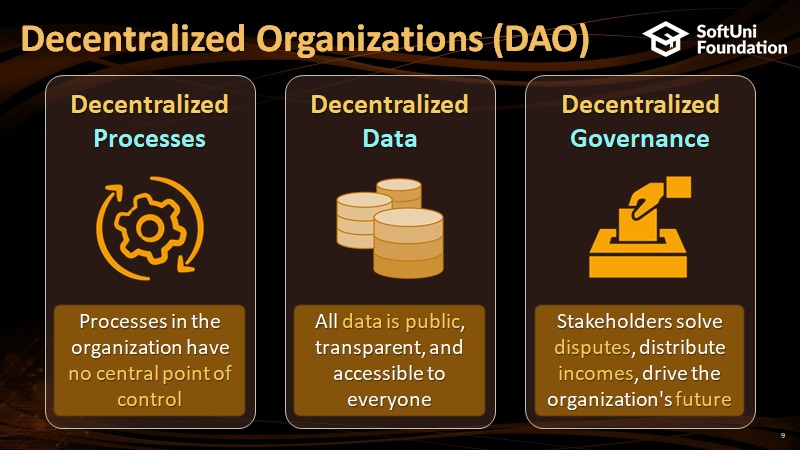
Creating a DAO requires the power of many people. It requires constant communication and interaction with the community, including online meetings, voting and other ways to communicate with the community. Seek to maximize the DAO’s sense of belonging and community involvement to be successful.
Here are some good DAO startup ideas:
- Social Network DAO: A Decentralized Autonomous Social Network (DASN) DAO is created to provide users with a social network experience that is not controlled by the platform.
- Investment DAO: Create a DAO that provides investors with automated investment management and portfolio management services.
- Voting and Governance DAO: Create a DAO that provides a decentralized voting and governance solution for governments and businesses.
- Charity DAO: Create a DAO that provides a decentralized donation and money management solution for charitable organizations.
- Innovation DAO: Create a DAO to support the development and funding of innovation projects.
- Game DAO: Use decentralized technology to create game DAO to provide players with a more fair and transparent game environment.
- Music DAO: Create a DAO that provides musicians with a decentralized platform for music creation and distribution.
Creating a DAO system requires the following elements:
- Define the goal and vision of the DAO system, such as allowing users to participate in community governance through a decentralized way and strengthening the autonomy of the community.
- The architecture and process of DAO system were designed, including DAO members, decision-making method, voting mechanism, fund management, audit mechanism and so on.
- Develop the smart contract code of the DAO system, use smart contract platforms (such as Ethereum, EOS, etc.) for development, and carry out relevant tests.
- Necessary security will be an important factor to be considered in the development process, such as smart contract auditing, vulnerability prevention, data encryption, user privacy protection, etc.
- Promote and engage community members, including community user recruitment, event organization, social media marketing, etc.
- The operation and supervision of the DAO system, such as continuously maintaining the technology of the DAO system, ensuring the fairness of the DAO voting mechanism, and actively communicating with the community.
One of the most successful examples of DAO systems is Ethereum.

Launched in 2015, Ethereum is the first smart contract platform based entirely on blockchain technology, which can be used to create decentralized applications (DApps) and Distributed Autonomous Organizations (DAOs).
Ethereum’s success lies in its remarkable programmability, enabling cooperation and transactions without any trusted party via smart contracts. The Ethereum ecosystem continues to grow, attracting more and more developers and businesses to join.
The platform is widely used worldwide and represents a major advance in the development of blockchain technology. It has the characteristics of decentralization, high security, openness and unlimited scalability, and has become one of the preferred blockchain platforms for millions of users and enterprises.
Finally, once the DAO system is rolled out, it must be continuously maintained and improved. Therefore, establishing the right team and development methodology will be an important key to making the DAO system successful.
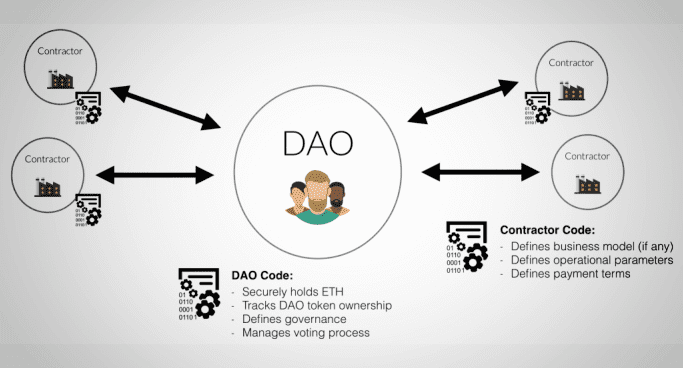
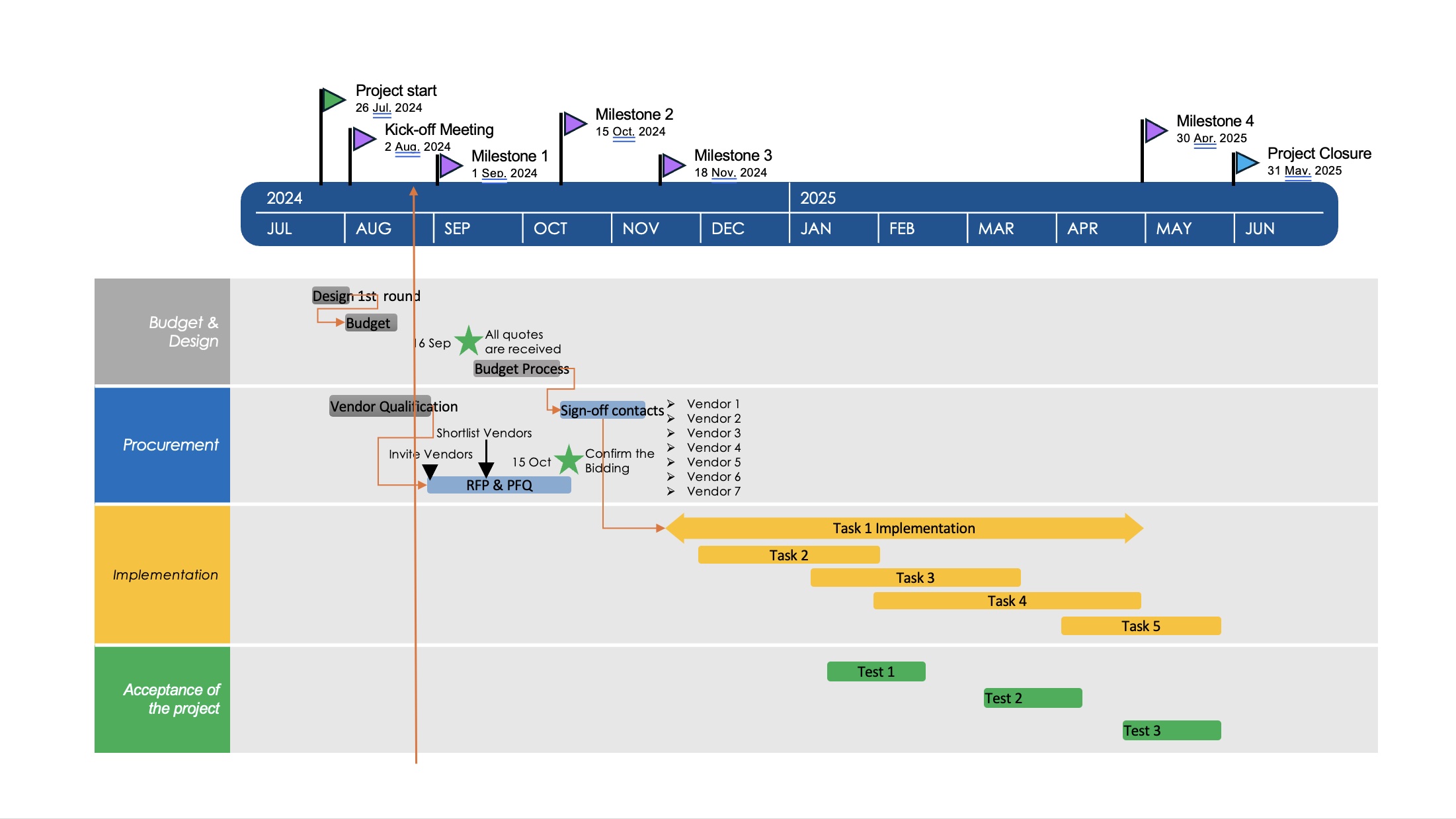
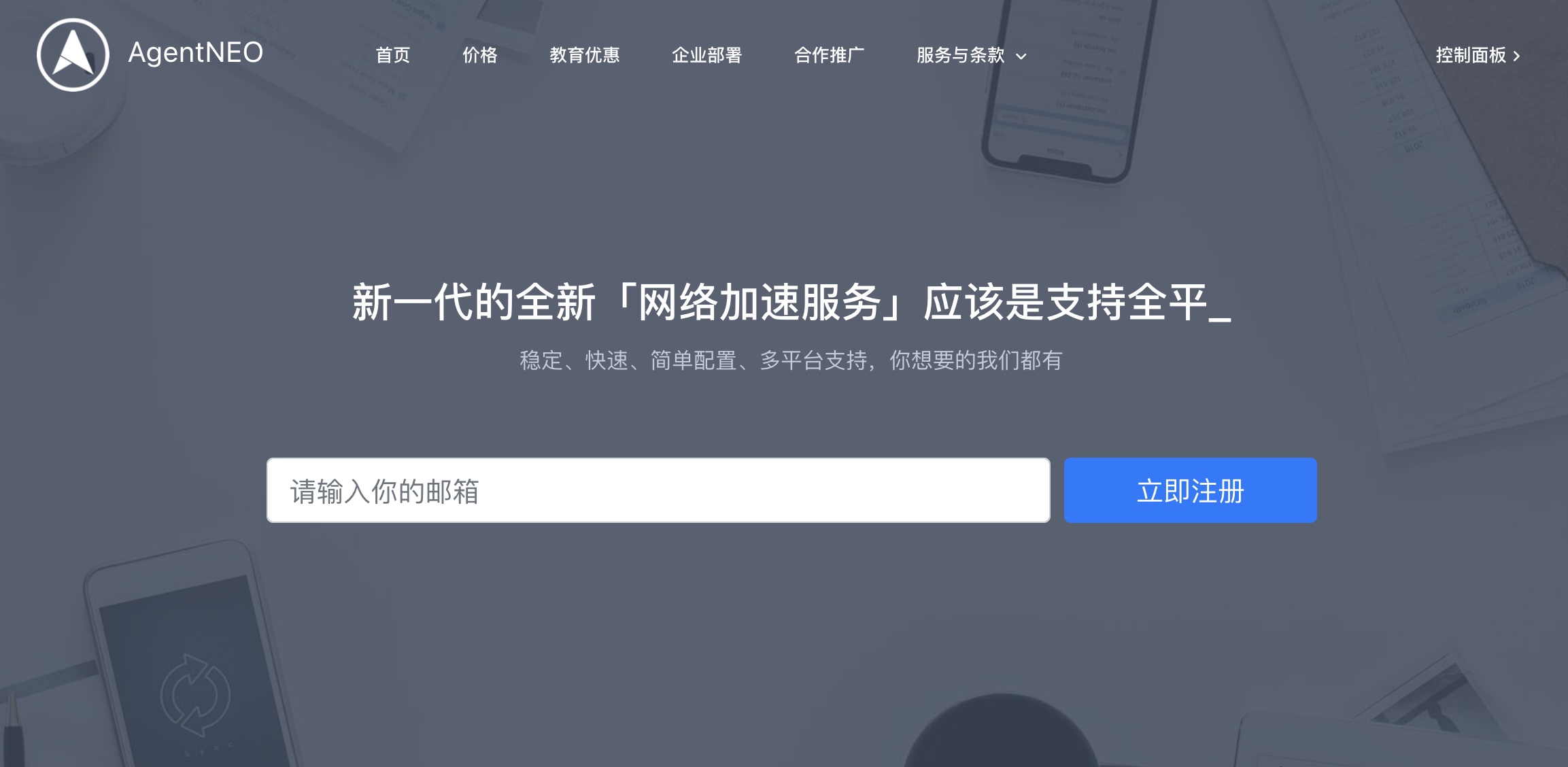
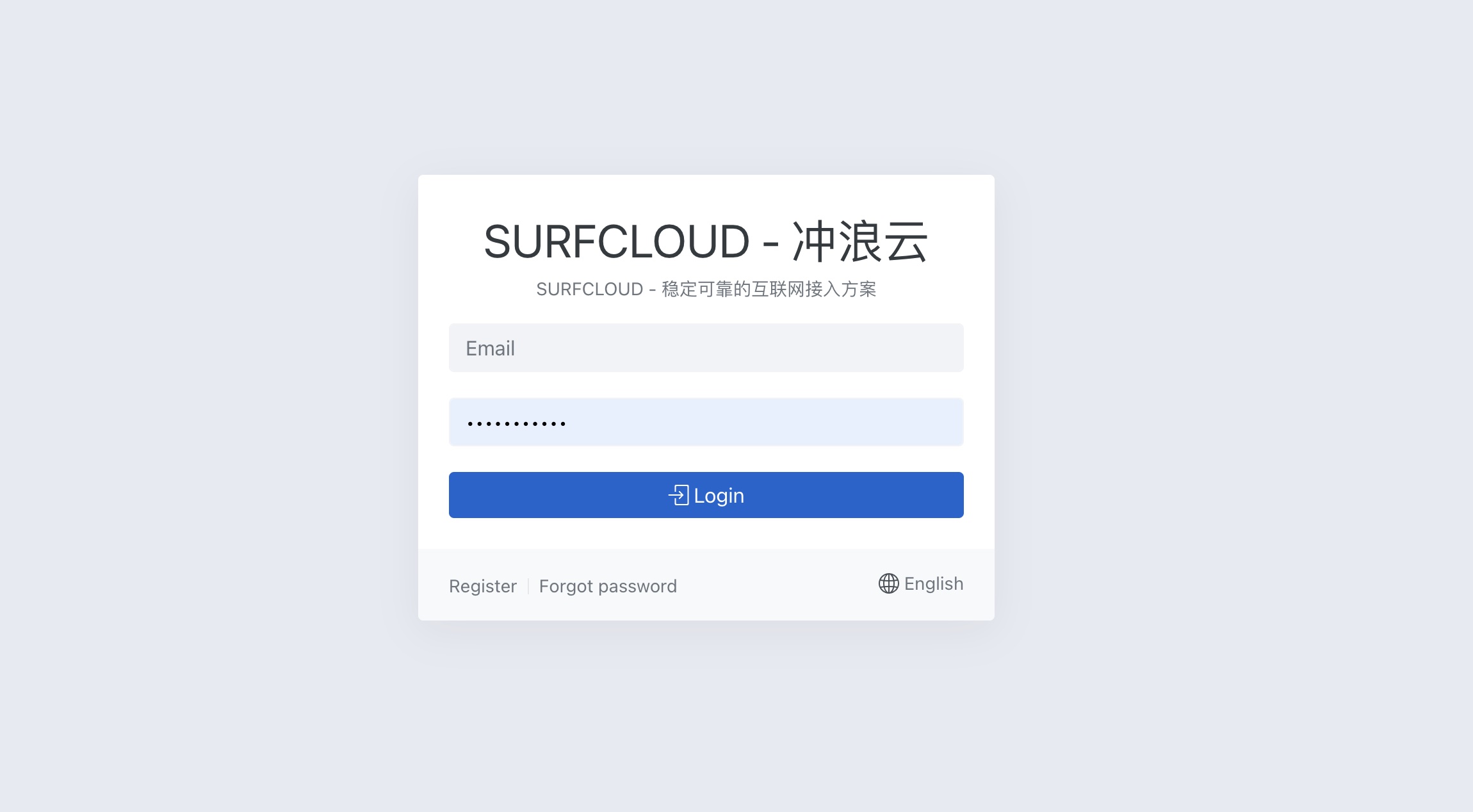
Appreciate the clarity you bring to this topic. It’s like you’re speaking to five-year-olds, which is perfect for me.
The attention to detail is remarkable. I appreciate the thoroughness of The post.